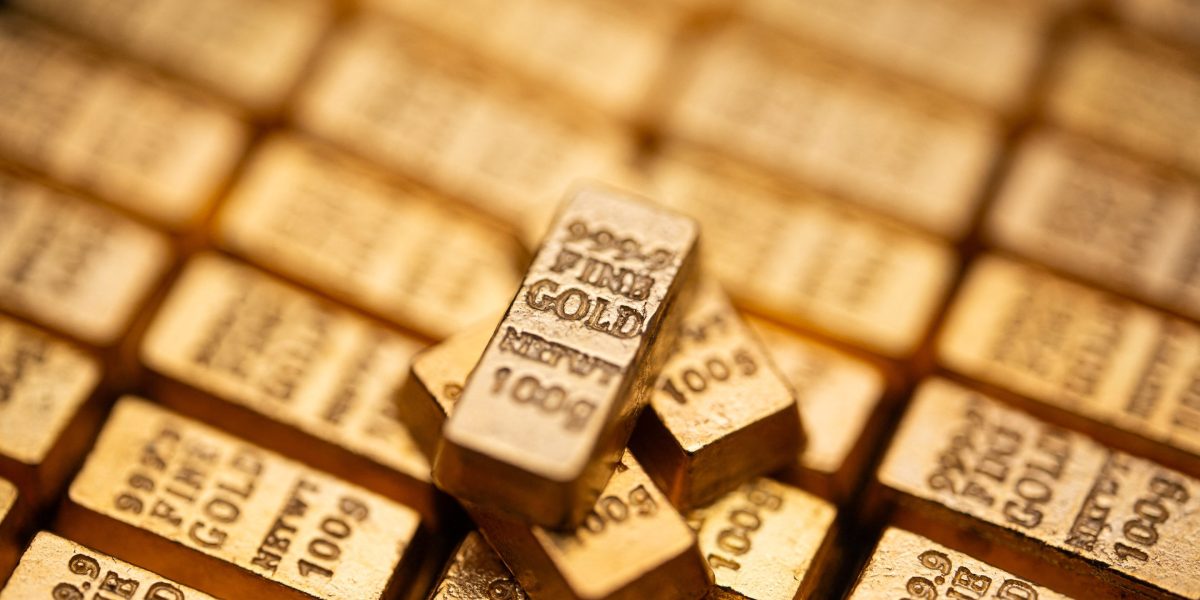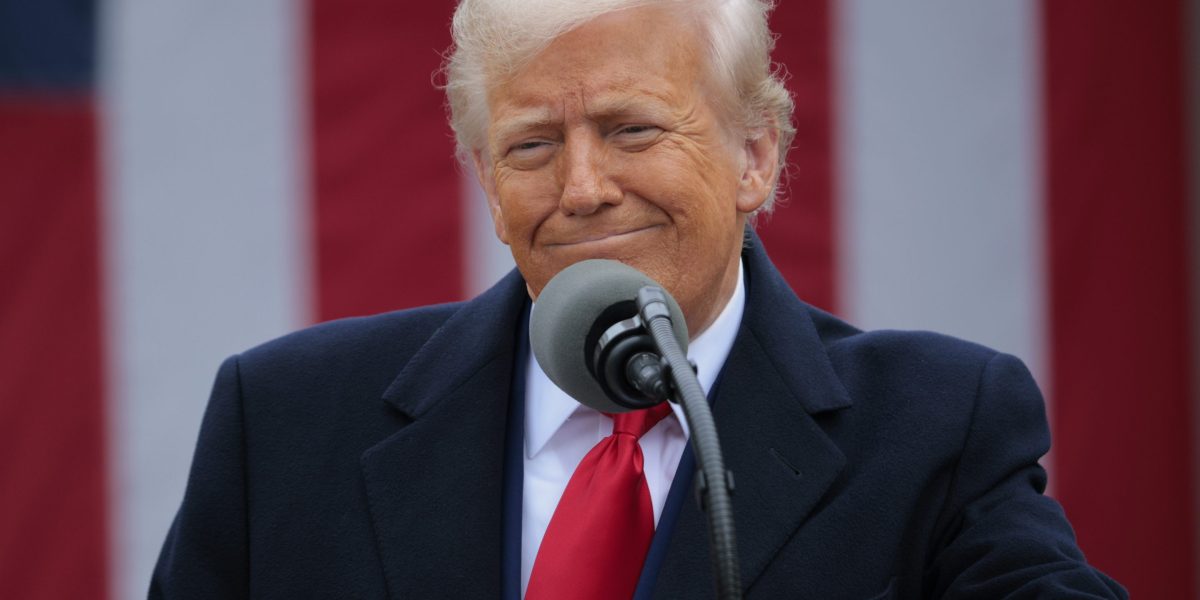- Bank economists estimate Trump’s tariff increase would cost U.S. households $700 billion, equivalent to the largest de facto tax hike levied since LBJ’s Revenue Act of 1968 financed his war in Vietnam.
President Donald Trump’s package of tariffs to be levied starting next week could plunge not just the United States into recession but the entire world along with it.
That’s the simple conclusion reached by the top economic minds at JPMorgan. In a research report published on Thursday titled “There will be Blood”, the Wall Street investment bank argued other global markets would not be resilient enough to escape the gravitational forces of a shrinking U.S. economy weighted down by tariffs.
Revising its 2025 forecasts for the second time in five weeks, JPMorgan said it was caught off guard by the Trump administration’s “extreme” agenda symbolized by the raft of hefty import duties announced during Trump’s so-called ‘Liberation Day.’
As a result of the White House’s attempt to convert its trade deficit into a problem for America’s trading partners, JPMorgan has now ratcheted up the probability of a global recession to 60% from 40% previously.
Yet far from making America wealthy again as Trump has promised, JPMorgan calculates taht the tariffs will cost U.S. consumers roughly $700 billion—a de facto tax hike nearly as painful relative to the size of the economy as Lyndon B. Johnson’s Revenue Act passed to finance America’s war in Vietnam.
“If sustained, this year’s ~22%-point tariff increase would be the largest U.S. tax hike since 1968,” the bank said, estimating its impact at 2.4% of domestic GDP.
The latest actions lift the average tariff rate higher than even those seen during the Smoot-Hawley Tariff Act of 1930, an act that many economists argue played a key role in exacerbating the Great Depression.
“A strong case can be made that the latest tariffs are more damaging given that the share of imports and broader globalization are considerably larger now than in the 1930s,” JPMorgan continued.
$3 trillion wiped off U.S. equity markets
The Trump administration has argued a healthy manufacturing base is important to national security, worth the short-term pain to claw back heavy industry that was hollowed out over many years and moved offshore. And indeed, the pandemic did reveal globalization had its flaws, as the lack of certain $1 commodity semiconductors made in Taiwan prevented the manufacture of a $40,000 passenger car stateside.
However, due to the dimensions and arbitrary nature of the tariffs—determined not through reciprocal tariff rates but trade imbalances—their imposition risks sparking a retaliatory trade war where other countries erect their own protectionist walls in a tit-for-tat escalation.
Here JPMorgan analysts admit it becomes almost impossible to predict the outcome given the many variables at play. Business sentiment and supply chain disruption could either mitigate or exacerbate the effects of the tariffs.
As a result, on Thursday the markets suffered their worst day since the COVID outbreak five years ago, with $3 trillion worth of value wiped off U.S. equities.
A key factor could be upcoming negotiations, in which the Trump administration is expected to seek concessions from partners that could reduce the trade deficit in exchange for the U.S. lowering its tariff rates.
Comparative advantage can sometimes trump tariffs
There are some fundamental economic realities that most likely will not change no matter what tariff is charged.
Take the semiconductor industry as an example. Fabricating chips is a capital-intensive business that requires specialized knowledge, critical mass and economies of scale.
Taiwan didn’t simply become the world’s foundry—it aggressively invested in this specialization. Its grip on third-party chip production makes it a critical partner for the U.S. and acts as a strategic deterrent against Chinese aggression.
By comparison, U.S. chip companies like AMD that once made their own chips hived off this side of their operations to focus on the more lucrative and less risky design and distribution. So called “fab-less” peers like Nvidia outsourced their production to foreign chip fabs from the very beginning.
JPMorgan raises this issue as a potential stumbling block and source of friction during negotiations, limiting the room for manoever and raising the risk of a protracted trade war.
“Importantly, existing bilateral trade imbalances are linked to comparative advantages that promote efficiencies and are generally independent of barriers to trade,” it said.
This story was originally featured on Fortune.com
Source link


 Entertainment8 years ago
Entertainment8 years ago
 Politics8 years ago
Politics8 years ago
 Entertainment8 years ago
Entertainment8 years ago
 Entertainment8 years ago
Entertainment8 years ago
 Tech8 years ago
Tech8 years ago
 Tech8 years ago
Tech8 years ago
 Tech8 years ago
Tech8 years ago
 Politics8 years ago
Politics8 years ago






